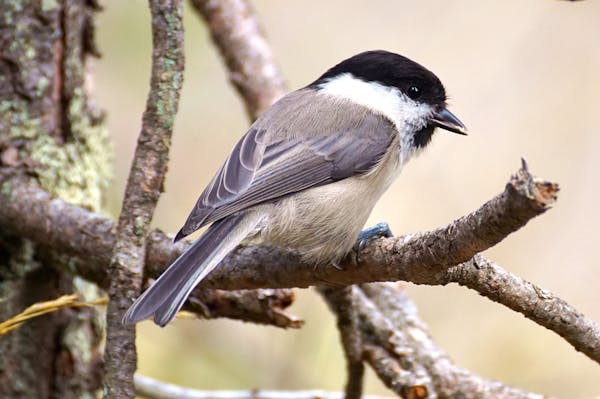Join a foraging course in Dorset and explore the wild world of food. You can forage for delicious wild berries, seaweeds and edible plants along the shingle beach and woodland meadows.
The foragers we spoke to in the UK are concerned that their activities do not disrupt wildlife habitats. They also want to avoid contaminating their harvest with any non-edible substances.
Coastal & Kayak Foraging
The coastline is the perfect place to source wild food, many of our most prized wild foods are found here. Our coastal foraging and kayaking adventures provide a unique way to access areas which are difficult or impossible to reach on foot, while staying safe in the knowledge that you’ll be returning home with a delicious meal.

You’ll be guided by forager Mat Follas to learn how to identify, mindfully harvest and prepare a variety of shoreside edibles. The group scour the iconic shingle beach of Studland for succulent seaweeds and other wild edibles, before heading into the hedgerows and rummaging the meadows in search of Dorset’s natural bounty.
Depending on regulations, it’s possible to find edible mushrooms in the UK all year round. However, it’s important to understand which species are legal and sustainable to collect. Having an expert guide to ensure your foraging journey is safe and rewarding is key. Using a sit-on-top kayak such as Old Town’s Discovery series allows you to carry baskets and other equipment with ease.
Hedgerow & Meadow Foraging
Foraging is a great way to connect with your food and discover the wild edibles that are growing all around us. From berries to wild herbs, foraging can add a truly rustic flavour to your meals.
Foraged walks take you along woodland hedgerows, to seashores and into fields in search of wild foods. You can hone your mushroom identification skills on a forage walk with a chef and cook or learn how to make nettle pancakes.
Alternatively, learn how to cook with wild ingredients on a two-hour course at The Forestry Commission. The course is led by a chef and includes a three-course menu based on seasonal wild ingredients. The course also covers wild fungi and medicinal plants.
Mushrooms & Fungi Foraging
When it comes to mushrooms, foraging novices pine for simple rules of thumb that will tell poisonous from edible. But the truth is, there are none.
It takes patience and time to become familiar with the fungi in your local area. Brill advises foragers to focus on identifying one species at a time and learn it really well before moving on to another.
Join expert foragers, ethnobotanists and ecologists on a fascinating tour of nature’s wild larder. Take to the iconic shingle beach and scavenge along its shores for succulent edible seaweeds or stroll through Dorset’s enchanting hedgerows and meadows in search of seasonal wild foods. Hone your mushroom identification skills and gather a harvest before feasting on a rustic lunch created by River Cottage’s trail-blazing chefs.
Forest Foraging
From woodland meadow to coastal beach, this wild adventure explores the relationship between the wild plants of Dorset’s countryside and the foods on our plates. You’ll hone your identification skills and learn bushcraft and cooking techniques to transform your bounty into a wild feast.

Whether you’re an experienced forager or just getting started, these expert-led courses are ideal. Tutors are ethnobotanists, ecologists, or bushcraft instructors, and all foraging is carried out sustainably.
Discover the benefits of wild food, learn about ethical and sustainable foraging practices, and understand safety considerations, so you can gather with confidence. Upgrade your course to include the Forager’s Pocket Guides and Foraging Record Book so you can keep track of your wild harvest.